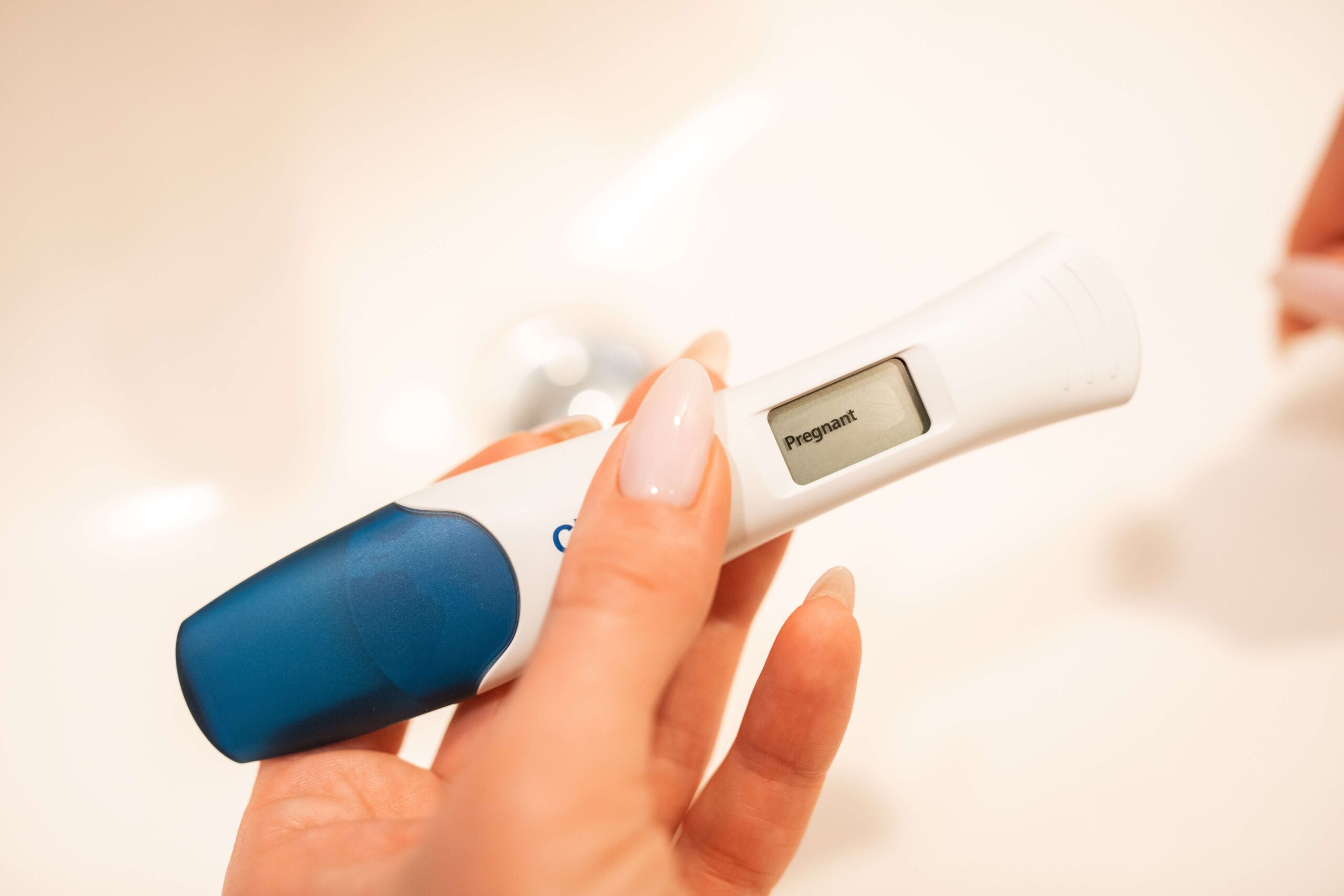The topic of pregnancy can be a complex and nuanced one, and when it comes to the possibility of getting pregnant from precum (pre-ejaculate fluid), there’s often a lot of confusion and misinformation. In this comprehensive blog post, we will dive deep into this topic and provide you with a well-informed understanding of whether or not pregnancy can occur from precum. We’ll explore the science behind it, discuss the factors that influence the risk, and provide practical advice for those concerned about unplanned pregnancies.
Understanding Precum
Before delving into whether pregnancy can result from precum, it’s essential to understand what precum is. Precum, also known as pre-ejaculate, is a clear, colorless fluid that can be released from the male reproductive system during sexual arousal and before ejaculation. Its primary purpose is to neutralize any acidity in the urethra to protect sperm and improve their chances of survival. However, it’s important to note that precum itself does not contain sperm.
Can Precum Contain Sperm?
This is a critical question that often sparks confusion. While precum doesn’t naturally contain sperm, there is a caveat. If a man has recently ejaculated and has not urinated since, some residual sperm may be present in the urethra. This leftover sperm can potentially mix with precum during sexual activity.
Timing and Pregnancy Risk
To assess the risk of pregnancy from precum, timing is crucial. If a man has ejaculated and then engages in sexual activity without urinating, there’s a higher likelihood of sperm being present in precum. However, even in this scenario, the number of sperm is typically minimal compared to a full ejaculation, reducing the chances of fertilization.
Ovulation and Pregnancy
The timing of a woman’s menstrual cycle plays a significant role in whether pregnancy can occur from precum. Ovulation, the release of an egg from the ovaries, is the window of fertility. If a woman is not ovulating or is past her fertile window, the chances of pregnancy are substantially lower, even if sperm were present in precum.
Factors That Affect Pregnancy Risk
Several factors can influence the risk of pregnancy from precum:
- Contraception: The use of contraceptives, such as condoms, birth control pills, or intrauterine devices (IUDs), can greatly reduce the risk of pregnancy, even if precum is involved.
- Withdrawal Method: The “pull-out” or withdrawal method involves the male withdrawing his penis before ejaculation. While this method is not foolproof, it can further reduce the risk of pregnancy from precum.
- Sexual Activity: The specific sexual acts and positions can affect the likelihood of sperm coming into contact with the cervix, which is necessary for fertilization.
- Health Conditions: Certain medical conditions, such as infertility or blockages in the reproductive tract, can impact the ability of sperm to reach the egg.
Practical Tips for Pregnancy Prevention
If you’re concerned about the possibility of getting pregnant from precum, consider these practical tips:
- Use Contraceptives: Using reliable contraceptives consistently and correctly is the most effective way to prevent unplanned pregnancies.
- Plan Your Sexual Activity: Track your menstrual cycle to identify fertile days and plan sexual activity accordingly.
- Emergency Contraception: In case of unprotected sex or contraceptive failure, consider emergency contraception options, like the morning-after pill.
- Open Communication: Discuss pregnancy prevention with your partner and ensure you’re on the same page about contraception methods.
Conclusion
While the possibility of getting pregnant from precum does exist, the risk is relatively low when compared to unprotected intercourse. However, it’s essential to be informed and take proactive measures to prevent unplanned pregnancies if that is your goal. Remember that reliable contraception, open communication, and understanding your own body’s fertility cycle are key to effective pregnancy prevention. Always consult with a healthcare professional for personalized advice and guidance on contraception and family planning.



